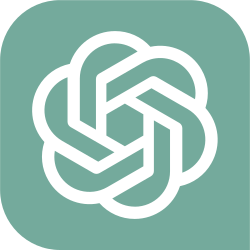The artificial intelligence revolution in education: a review of ChatGPT https://chat.openai.com/
Main Article Content
Abstract
Artificial intelligence, and in particular ChatGPT (a type of large language model developed by OpenAI), has been introduced into education as a way to improve learning and interaction in the classroom. ChatGPT is capable of processing and understanding natural language and adapting to students’ learning speeds, and can be used as a tool for class preparation, student feedback and assessment, and the creation of digital and interactive educational resources. Several studies have demonstrated its effectiveness in improving academic performance and student motivation. However, proper implementation of ChatGPT requires appropriate training and consideration of certain limitations and challenges.
Keywords:
Downloads
Article Details
References
ESSEL, Harry; VLACHOPOULOS, Dimitros; TACHIE-MENSON, Akosua; JOHNSON, Esi. & BAAH, Papa (2022). The impact of a virtual teaching assistant (chatbot) on students' learning in Ghanaian higher education. International Journal of Educational Technology in Higher Education 19(1). https://doi.org/10.1186/s41239-022-00362-6
KAMITA, Takeshi; ITO, Tatsuya; MATSUMOTO, Atsuko; MUNAKATA, Tsunetsugu. & INOUE, Tomoo. (2019). A chatbot system for mental healthcare based on sat counseling method. Mobile Information Systems. 2019 (2019). https://doi.org/10.1155/2019/9517321



